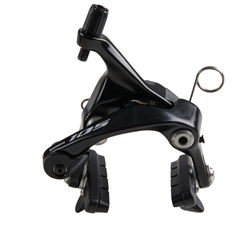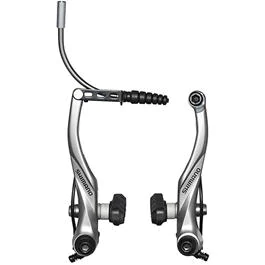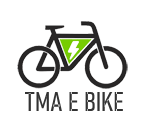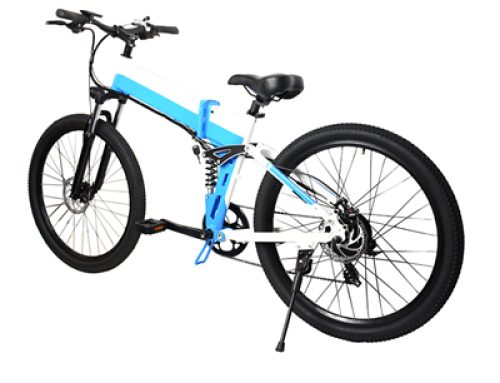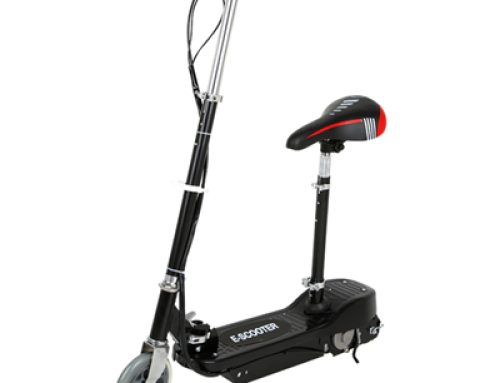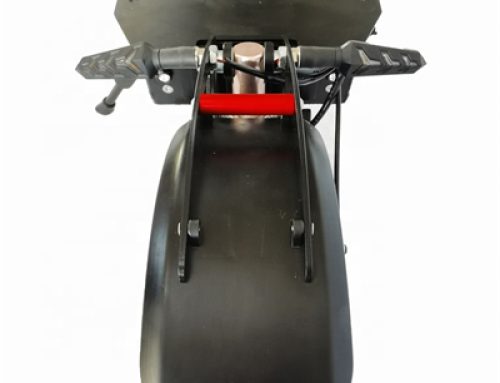Electric Bike (E-Bike):
1. Assistance and Effort:
- Pro E-Bike: E-bikes provide electric assistance while pedaling, making it easier to tackle hills, headwinds, and longer distances. This is especially beneficial for those who want to arrive at their destination feeling less fatigued.
- Con E-Bike: Some cyclists may prefer the physical challenge and sense of accomplishment that comes with traditional biking.
2. Range and Speed:
- Pro E-Bike: E-bikes allow you to cover longer distances and achieve higher speeds without overexerting yourself.
- Con E-Bike: Traditional bikes might require more effort for longer distances and hilly terrain, and they may not achieve the same speeds as e-bikes.
3. Commuting and Practicality:
- Pro E-Bike: E-bikes are a practical option for commuting, especially if you have longer distances to cover or if you want to arrive without being sweaty. They can navigate traffic and avoid parking hassles.
- Con E-Bike: Traditional bikes can also be used for commuting, but they might require more physical effort and could be less convenient for some routes.
4. Fitness and Health:
- Pro E-Bike: E-bikes still offer physical activity, but with adjustable assistance levels. They are a good option for people who want to cycle for health reasons but need some support.
- Con E-Bike: Traditional biking provides a more intense workout and can be a better choice for those looking to improve fitness.
Traditional Bicycle:
1. Physical Exercise:
- Pro Traditional Bike: Traditional bikes require full human effort, making them a great option for those who want a workout and want to improve cardiovascular fitness and muscle strength.
- Con Traditional Bike: People who are less physically fit, have mobility issues, or want to arrive at their destination without exertion might find traditional biking challenging.
2. Simplicity and Minimal Maintenance:
- Pro Traditional Bike: Traditional bikes are simpler in design and have fewer components that might require maintenance or repairs.
- Con Traditional Bike: Maintenance and physical effort might be a drawback for those who want a hassle-free commuting or recreational experience.
3. Eco-Friendly and Cost-Effective:
- Pro Traditional Bike: Traditional bikes are environmentally friendly and cost-effective, as they don’t require fuel, emissions, or electricity.
- Con Traditional Bike: Traditional bikes might not be as practical for longer commutes or hilly terrain.
4. Skill and Experience:
- Pro Traditional Bike: Traditional biking requires cycling skills and experience that some riders might find rewarding and engaging.
- Con Traditional Bike: Novice riders or those with physical limitations might find traditional biking intimidating or challenging.
In summary, an e-bike is a great option if you’re looking for assisted cycling to tackle longer distances, hills, and challenges. It’s also practical for commuting and reducing physical exertion. On the other hand, a traditional bike is ideal for those who want a more intense workout, enjoy the simplicity of biking, and prefer a more hands-on approach to cycling. Your choice ultimately depends on your personal preferences, fitness goals, daily routine, and the type of cycling experience you’re seeking.
